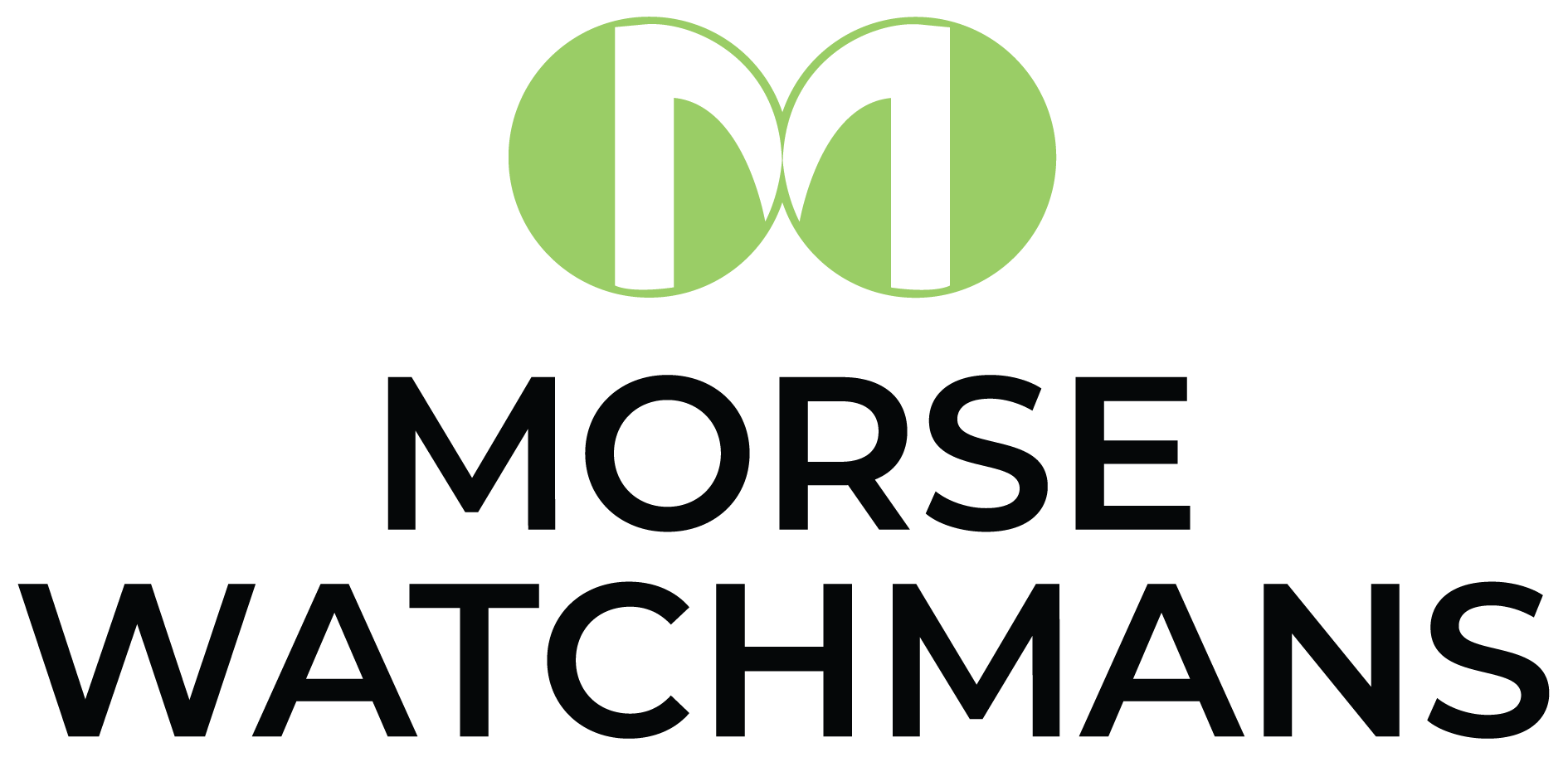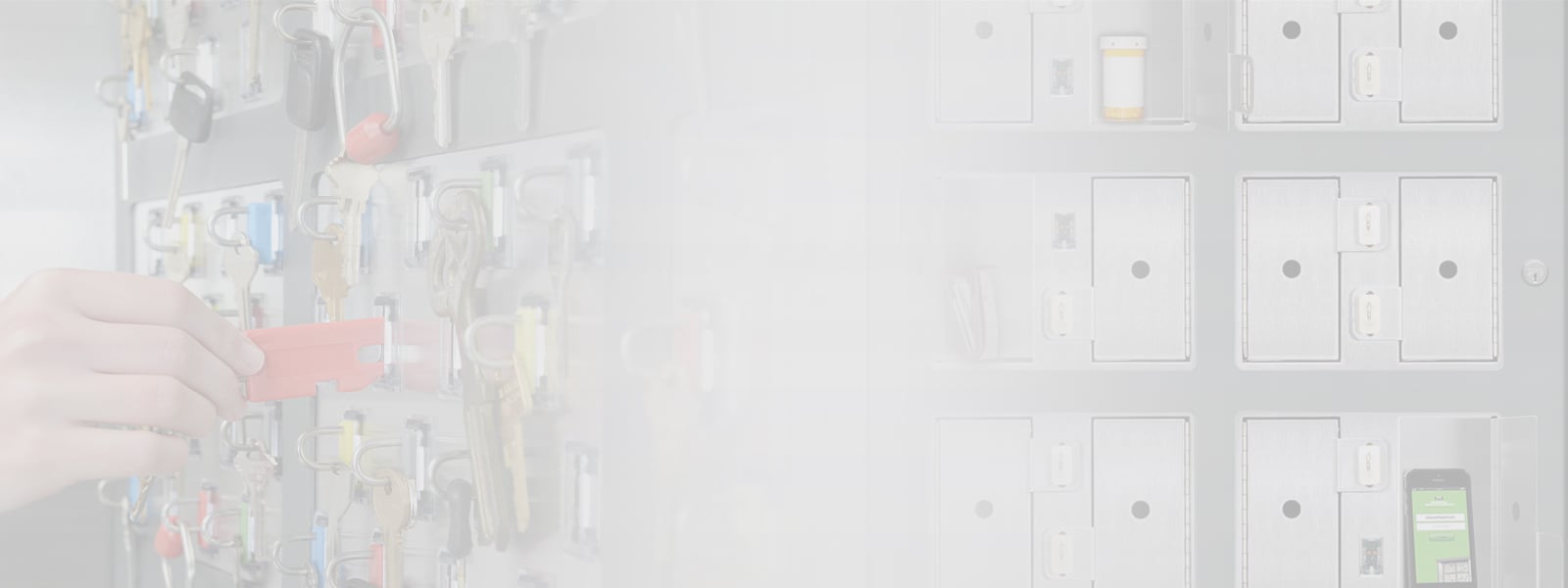 Theft, fraud, and losses from other retail “shrink” totaled $50.6 billion in 2018, up from $46.8 billion the year before, according to the National Retail Security Survey by the National Retail Federation and the University of Florida.
Theft, fraud, and losses from other retail “shrink” totaled $50.6 billion in 2018, up from $46.8 billion the year before, according to the National Retail Security Survey by the National Retail Federation and the University of Florida.
More data on retail theft comes from the 31st Annual Retail Theft Survey, by Jack L. Hayes International, which reported that more than 279,000 shoplifters and employees were apprehended in 2018 by just 20 large retailers who recovered more than $114 million from thieves. According to the survey, theft case values soared in 2018, with the average shoplifting case value ($301.97) increasing 11.8%; the average employee case value ($1,361.37) increasing 30.1%; and the total average theft case value ($408.77) up 17.0%.
Both surveys show that retail theft and shrinkage continue to be a serious problem for retailers negatively impacting their bottom line, which often results in higher prices to consumers.
One way to mitigate to retail theft and shrinkage is to control access to physical keys.
Locks and keys are the most widely used security devices in a retail store. They are used to secure doors, gates, windows, cabinets and store rooms that may contain valuable inventory, infrastructure and other expensive items. They are often used by retail staff to open secured display cases for jewelry, cameras and other small, valuable items.
Yet, keys can be misplaced, stolen, or duplicated, which creates an opportunity for theft. Tracking physical keys is one way for retailers to reduce the costs that are associated with lost keys or unmanaged or mismanaged access.
An automated key control system is an orderly and secure way to ensure the safekeeping of keys. The tamper-proof systems are designed so that only authorized users, using pre-programmed PIN codes, access cards or biometrics, can access keys.
Information about who has which keys to which locks, when they had them, and when they were returned, is vitally important. Failure to maintain this kind of control can result in key mismanagement, leading to retail theft, shrinkage, and additional losses. Additionally, the ability to audit who accessed any given key and when can be a theft deterrent in itself.
In today’s retail environment of extreme liability, and one in which shoplifting and retail shrink continues at alarming rates, key control can be a tremendous benefit to a retailer.
Download our recent whitepaper, Understanding key control systems and best practices to discover how you can bring increased security, efficiency, and accountability to your company with comprehensive key control.



